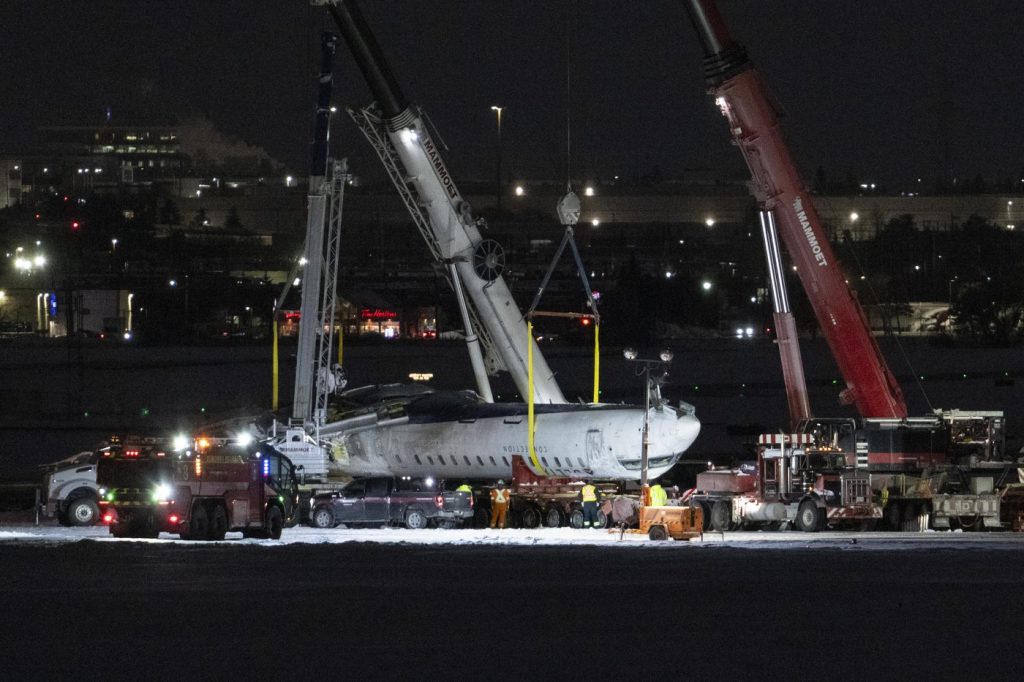YWCA Cambridge aiming to make region a safer place for women
Posted Dec 5, 2022 06:15:00 PM.
December 6 marks the National Day of Remembrance and Action on Violence Against Women, a day created to honour the 14 victims who were tragically murdered at 'École Polytechnique de Montréal in 1989.
The YWCA Cambridge will be hosting a candlelight vigil at 20 Dickson St. for people to pay their respects.
For the organization, the work never stops when it comes to their support of the cis and trans women and girls, non-binary and two-spirit individuals community in Cambridge.
Gender-based violence, homeless and precarious housing, and the impact the pandemic has had on women’s employment are a few of the major issues they see, says executive director Kim Decker.
Decker wants people to understand the challenges and severity of what people are facing in the community, even if they don't see it with their own eyes.
“People need to be aware of what's happening at home, at school and in the community,” Decker said.
“It’s important to educate yourself about gender-based violence.”
A 2019 report released by Canadian Centre for Policy Alternatives analyzed the best and worst places to be a woman in Canada and it showed some grim results for Waterloo Region in regards to safety.
The region had among the highest rates of sexual assault and intimate partner violence reported to the police among other big cities, while the rate of criminal harassment targeting women was the highest.
Overall, of the 26 regions across Canada that were included in the study, Waterloo Region ranked 26th as far as being a safe place for women to live.
Decker didn’t want to comment on the findings in the report based on the fact there hasn’t been one released since 2019 and some of the information and results could have changed over the past three years, but the issue of safety is still a top priority for her and her organization.
“It’s important because women are still being killed in incidents of intimate partner violence,” Decker said.
“Gender-based violence is still very prevalent in Canada and in our community. It’s incumbent upon all of us to work together with women, girls, men, boys and gender diverse folks to end gender-based violence.”
According to the Canadian Femicide Observatory for Justice and Accountability, 155 women were killed by violence in Canada in 2020. That number grew to 173 in 2021. Total violence-based deaths were not yet available for 2022. The website notes that it tracks all cases of women's death by violence, regardless of the sex of the perpetrator.
When it comes to Indigenous women and girls, the number only gets bigger as they are up to 12 times more likely to be murdered or go missing, the website indicates.
And the pandemic has only made things worse, Decker says.
“Social and physical isolation creates conditions for violence and barriers to escaping the situation,” Decker said.
“Approximately every six days a woman in Canada is killed by her intimate partner.”
The YWCA Cambridge and their staff work tirelessly to create better situations for those in need.
“All of our programs for cis and trans women and girls, non-binary and two-spirit individuals are participant-led so we can program in real time and our focus is on gender-based violence prevention programs,” Decker said.
“We offer employment programs for women entering and re-entering the workforce or for women who are looking to up-skill.”
On Dec. 6 residents are encouraged to attend the candlelight vigil, wear a white ribbon in recognition of the day and use #16days to spur conversations around the 16 Days of Activism Against Gender-based Violence that takes place from Nov. 25 to Dec. 16.
Decker also encourages residents to look at the Feminist Shift website at feministshift.ca to get information about the Network of Neighbours program.
For more information on YWCA Cambridge and their services visit ywcacambridge.ca.








